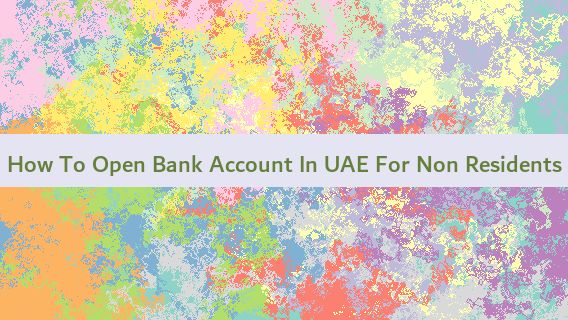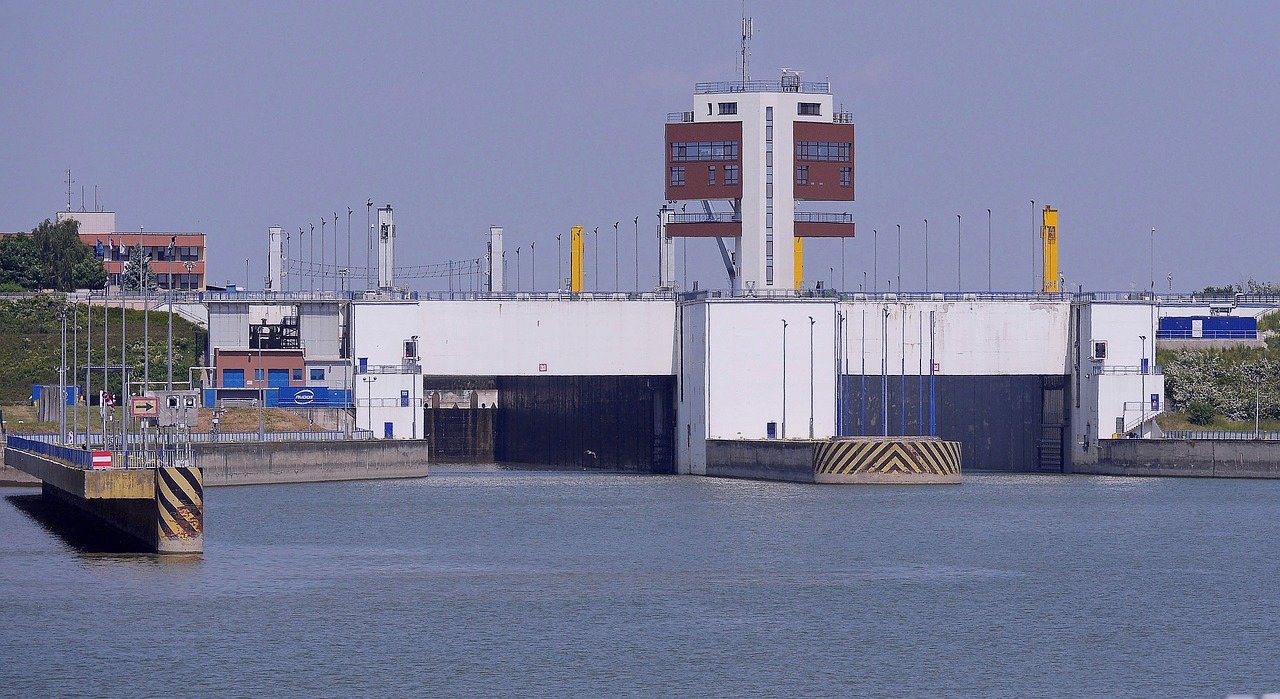How To Open Bank Account In UAE For Non Residents 🇦🇪🏦
Non-residents can open a savings account in UAE but it requires additional steps than opening a UAE checking account. The process of opening a UAE checking account for non-residents which is generally an immigrant or newly arrived expatriate is quite simple 🇦🇪 ️ !

As a non-resident in the UAE, you must provide certain documents in order to open a bank account 🏦 ️. These include:
1 . a valid passport – this is required for identification and address verification;
2 ️. employment proof – if you are employed in the UAE you will need to provide a valid work visa and the relevant work permit;
3 🇦🇪 ️. proof of address – if you are living in the UAE you will need to provide a valid UAE address;
4 🇦🇪 ️. proof of income – you will need to provide a proof of your income; this can be done by providing recent pay slips bank statements tax returns etc. ;
5 . a power of attorney – this is a document that certifies that you have the legal authority to open a bank account in the UAE;
6 🏦 ️. a reference letter – this is a document that is issued by a financial institution in your home country. It certifies that you are a trustworthy customer and that you have a good track record with the bank 🏦 ️.
In addition to the documents listed above you may also be required to provide additional information and documents such as utility bills proof of residence or documents related to your business activities.
Once you have gathered all the necessary documents, you can approach local banks in the UAE and apply for an account 🇦🇪 🏦. Before you visit the bank it is important to check their individual requirements and policies as they can vary from bank to bank 🏦. Once you have completed the application process and submitted all the required documents the bank will take a few days to verify your information and will then inform you regarding the status of your application 🏦 ️.
Once your application is approved you will be given a bank account number and the relevant debit or credit cards 🏦 ️ 💳. You will then be required to make the relevant deposits such as a minimum deposit or an opening deposit ️. In most cases you will also be asked to set up a standing order for the payment of bills such as rent utilities or your salary 🆙 ️.
You will need to activate the account and setup internet banking 🏦. After these steps have been completed you can access your account online to make transfers or payments .

It is important to note that opening a bank account in the UAE as a non-resident is a relatively straightforward process but it is important to be aware that different banks may have different requirements 🇦🇪 🏦 ️. It is therefore important to do your research and compare the different banks and their services before deciding which one to choose. Furthermore it is important to be aware that as a non-resident you may be subject to additional fees, and restrictions. Therefore it is important to read all the terms and conditions before proceeding. !! .
Finally
As a non-resident in the UAE, you must provide certain documents in order to open a bank account. These include:
1. Possession of a valid passport – this is necessary for identification and address verification;
2. Employment Proof – If you are employed in the UAE, then you must present a valid work visa and relevant work permit;
3. Proof of Address – If you reside in the UAE, then a valid UAE address is necessary;
4. Proof of Income – To prove your earnings you will need to present recent pay slips, bank statements and tax returns. In addition to these documents you may also be asked for additional information and documents such as utility bills proof of residence or documents related to business activities!
1️⃣ ️ 👔 🇦🇪 🏦 🆙 💳



